Code of Veggie Soup is a project conceived in regard to the exhibition series, “Baneful Medicine”.
During his preparation for “Baneful Medicine,” John Seung-Hwan Lee visited South Korea. Although he’s made occasional visits, he hadn’t celebrated the Lunar New Year there in almost 20 years, and participating in ancestral rites made him reflect on family and death. With “Baneful Medicine” in mind as a ceremony for the living, he revived a ritual of drinking a “vegetable soup for cancer patients” prepared from a recipe written by Japanese researchers in the 1990s. At that time, Lee underwent chemotherapy for leukemia, and his mother made the soup so he could drink it every day.
While discussing the meaning of illness, his uncles talked about the process of aging and dying as comparable to how all things in nature and the universe change. Lee then thought about health in simple terms. Functioning and feeling vital. Accepting the consequences of choices. Staying connected to give and receive influence.
The text in Code of Veggie Soup is from the American Medical Association’s Code of Medical Ethics, extensively from chapters pertaining to “the health of the community” and “financing & delivery of health care.”
In the early 1900s, in order to minimize market competition from homeopathic physicians, the allopathic physicians group, the AMA, established licensure laws and restrictions on the number of medical schools in the US. Under the name of “scientific” practice, the AMA worked closely with financiers such as Carnegie Foundation and Rockefeller Foundation, who invested in surgical and radiology research and synthetic drugs, to turn medicine into an industry.1 Also in order to maintain the licensed physician’s authority, the AMA established an insurance model that favored big companies.2 The domination today of a one-sided medical practice focused on technology, drugs, and insurance, seems to reflect our capitalist economy where private interest overwhelms public benefit. Our ill society shows symptoms of a lack of community, collectivity, and political engagement in the sense that individual freedom manifests itself as indifference.
When Lee had leukemia, the soup acted on a more physical level. This time, through “Code of Veggie Soup,” it acted on a more political and spiritual level as he and his family reconnected through discussing the project and performing the ritual together.
Source:
1E. Richard Brown, Rockefeller Medicine Men: Medicine and Capitalism in America (Berkeley : University of California Press, 1979), 5-12.
Frank W. Stahnisch, Marja Verhoef; The Flexner Report of 1910 and Its Impact on Complementary and Alternative Medicine and Psychiatry in North America in the 20th Century, December 26, 2012; https://www.ncbi.nlm.nih.gov/pmc/articles/PMC3543812/
2Lily Rothman; The American Health Care Has Lots of Problems. Here’s When They Started, July 13, 2017; http://time.com/4837864/healthcare-history-beginning-obamacare-ahca/
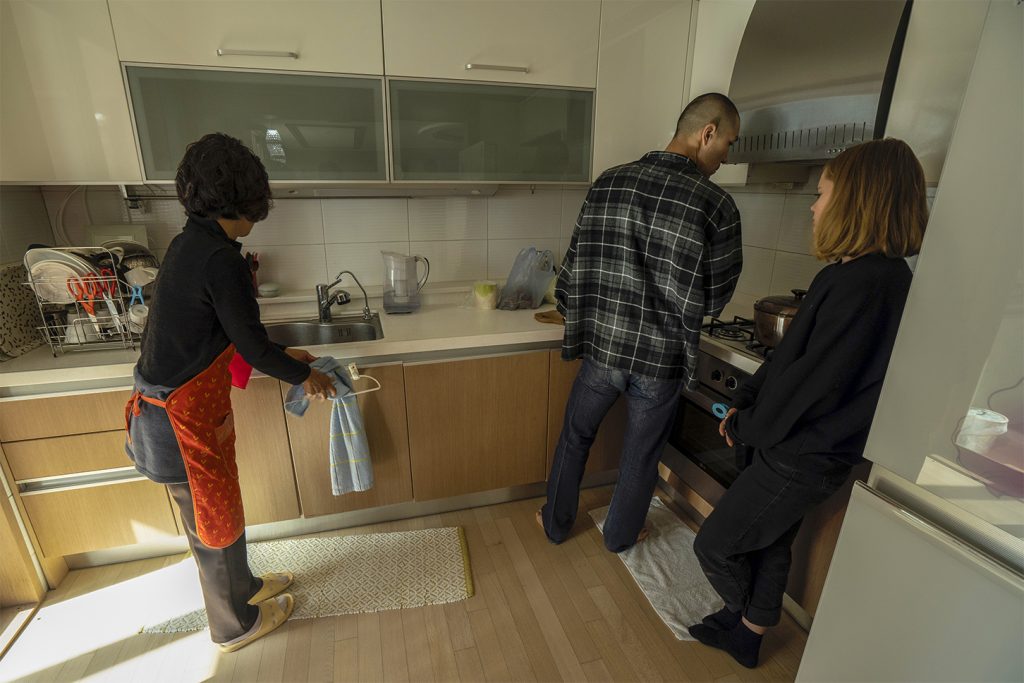
Be Aware
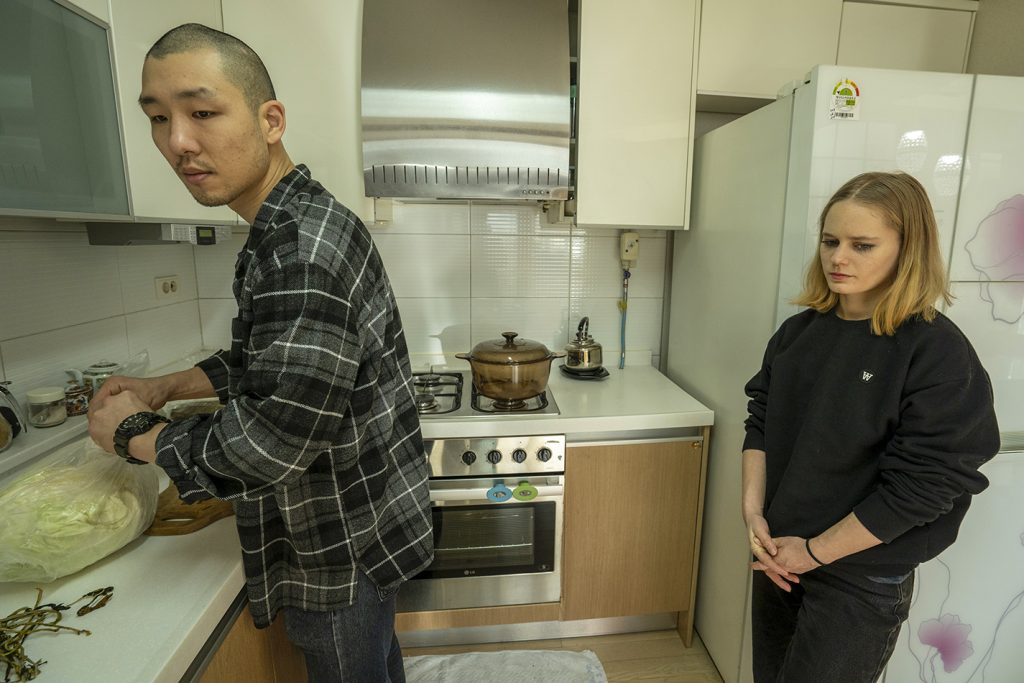
notice patterns
address systemic barriers
Acknowledge the error
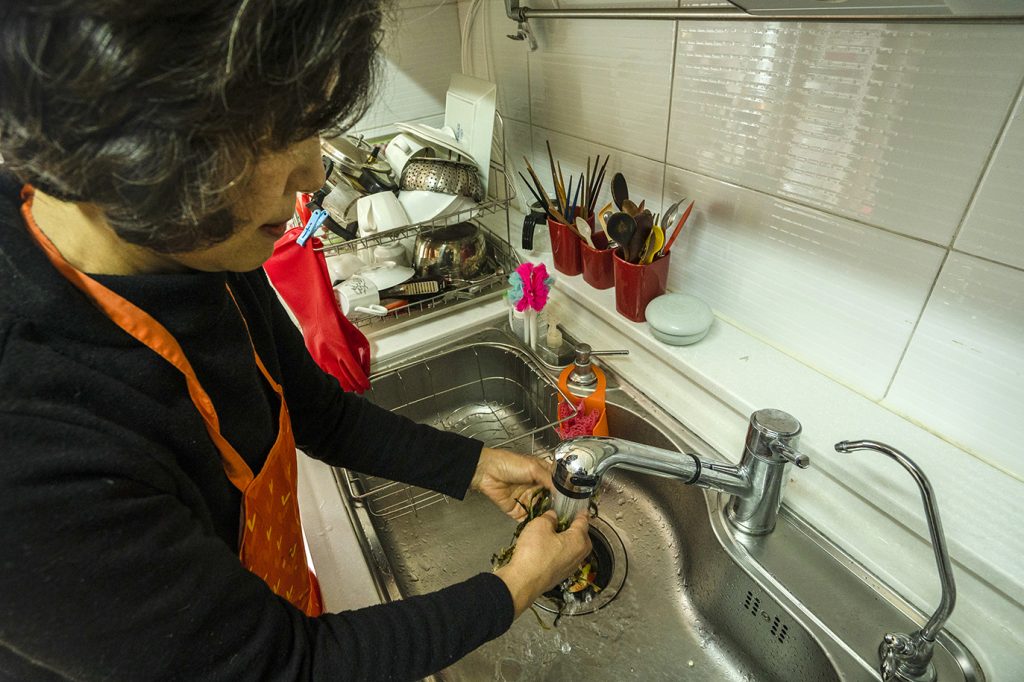
have a further responsibility
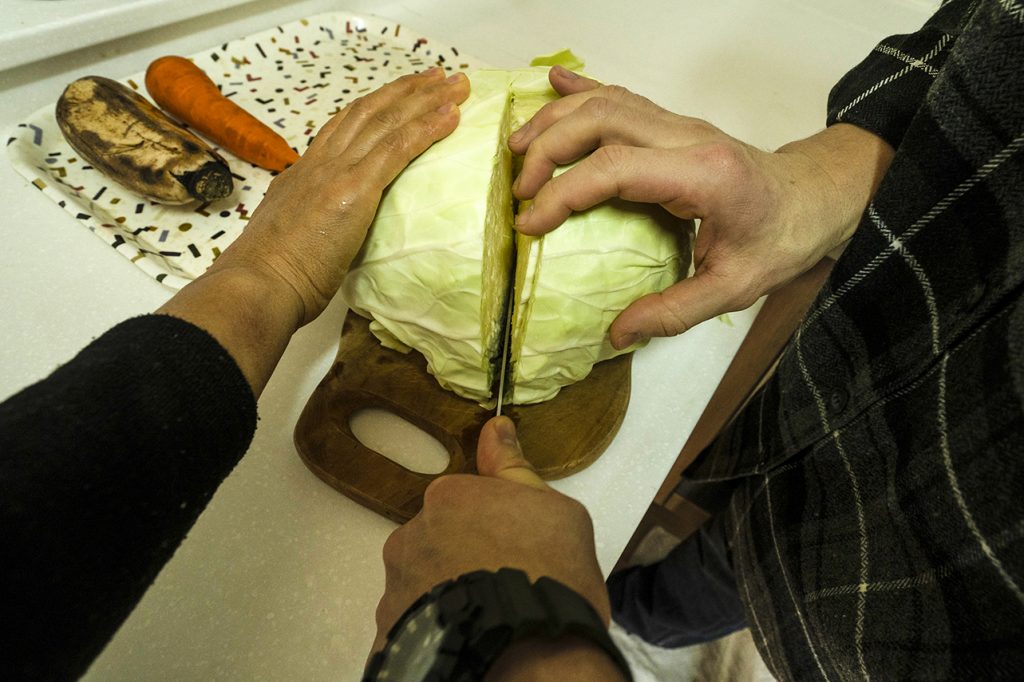
avert the harms caused by violence and abuse
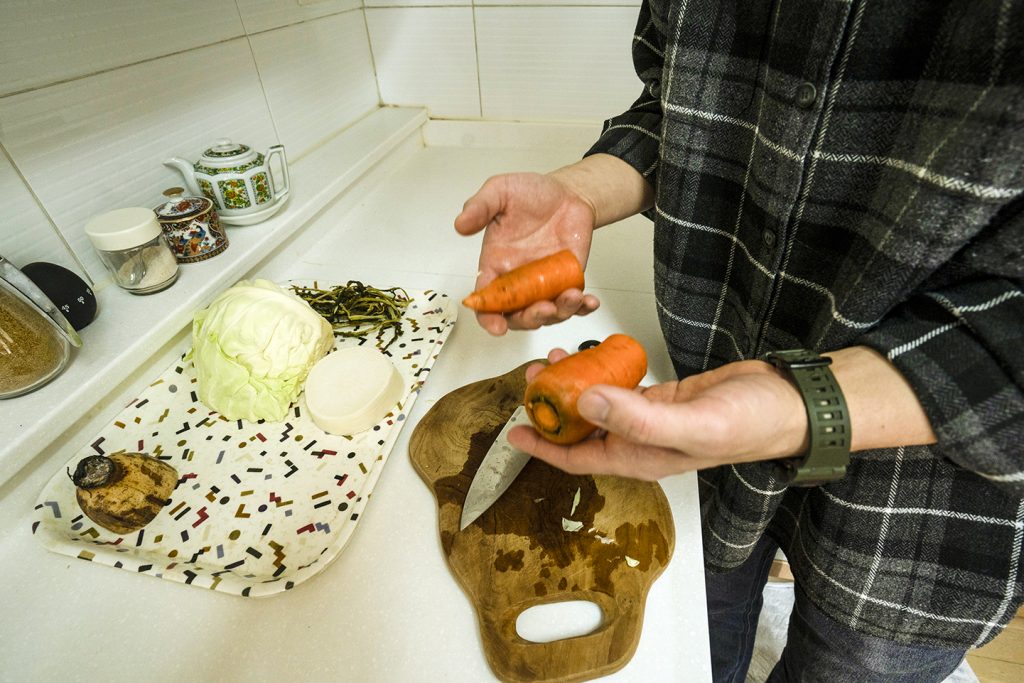
suspect that an adverse event has occurred
Consider abuse as a possible factor
Routinely inquire about physical, sexual, and psychological abuse as part of the medical history
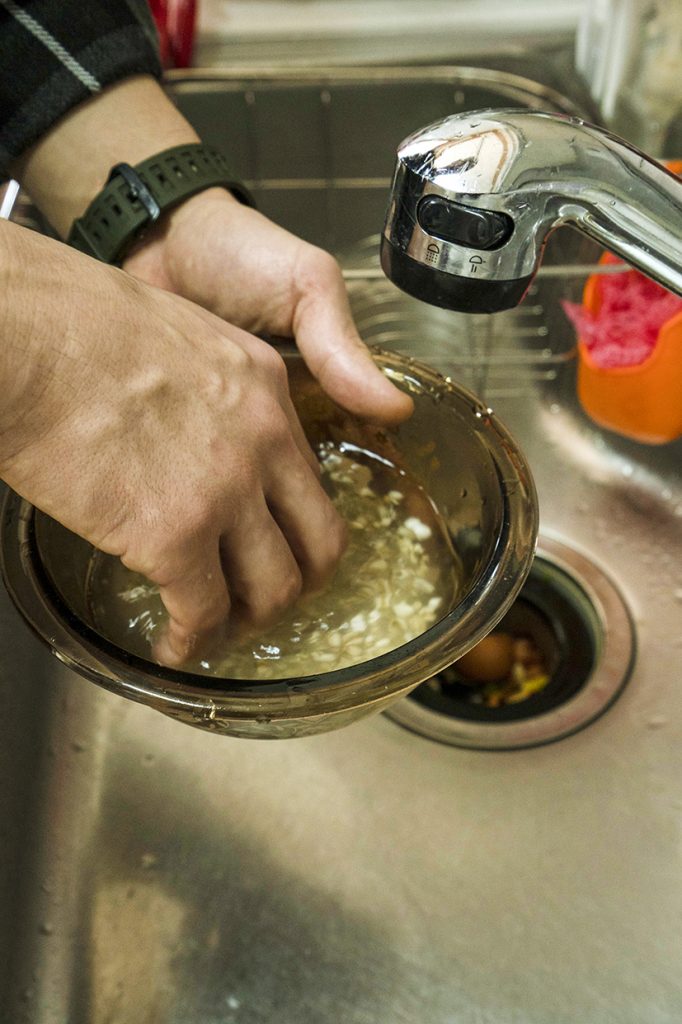
participate in the political process
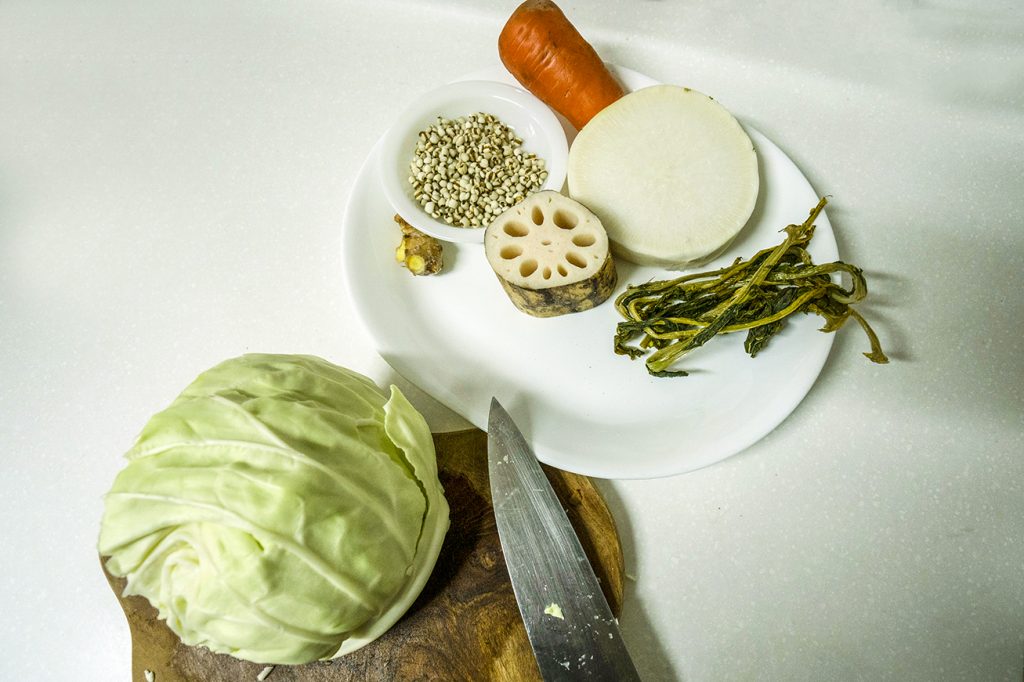
Base fees (if any) on reasonable costs
pay a reasonable amount
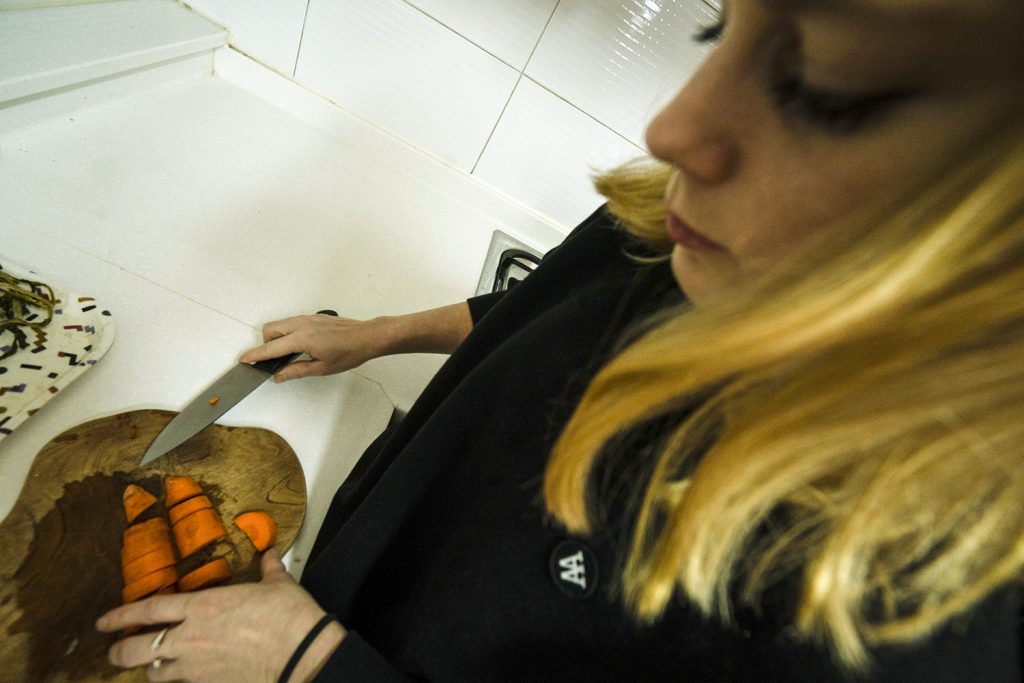
play a role in decision making
Encourage shared decision making
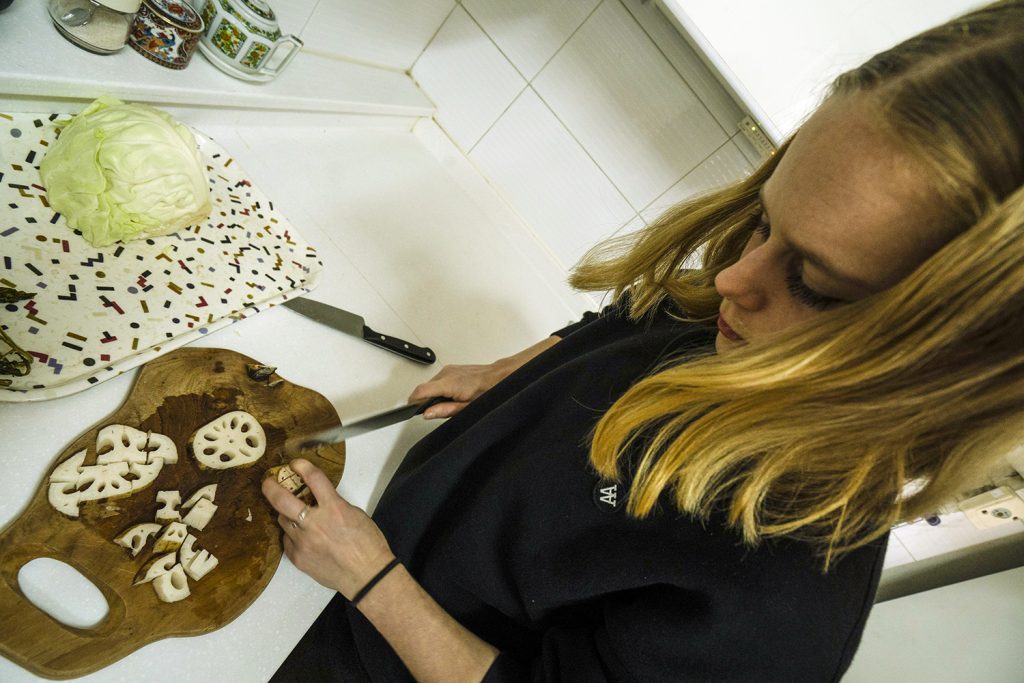
Advocate for change
make changes in their own lives
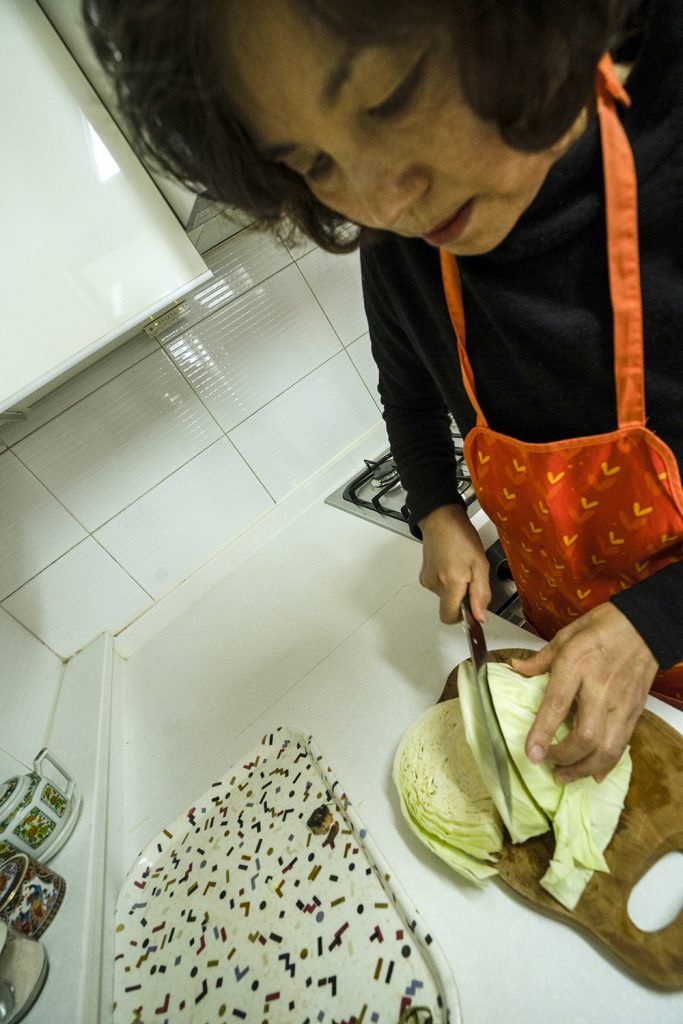
violate state practice laws
make it difficult to manage
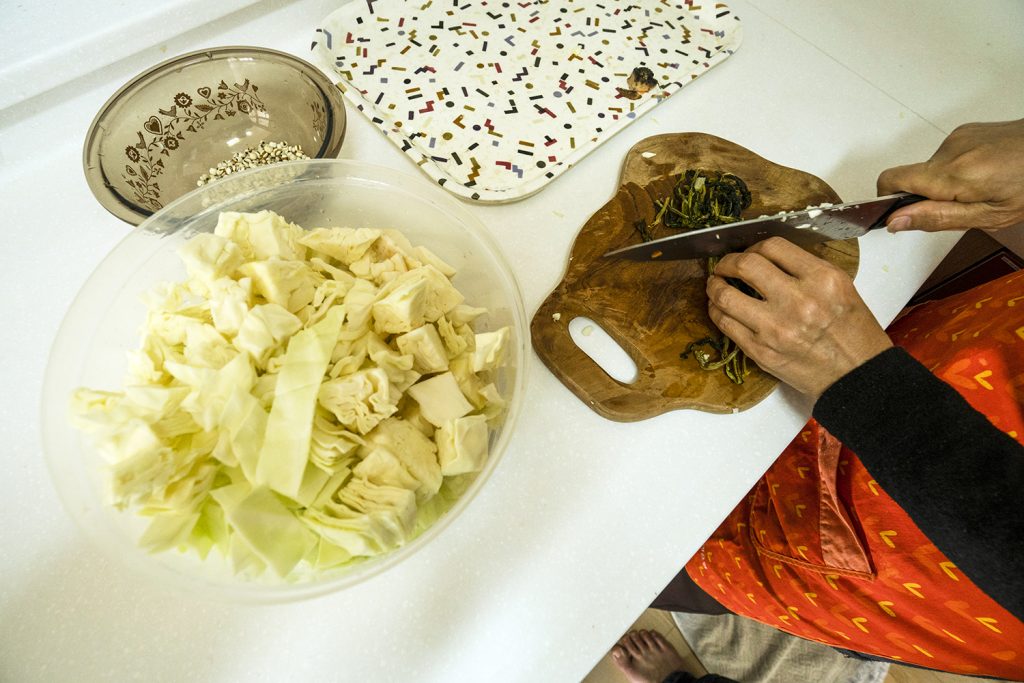
Support research that examines health care disparities, including research on the unique health needs of all genders, ethnic groups, and medically disadvantaged populations, and the development of quality measures and resources to help reduce disparities
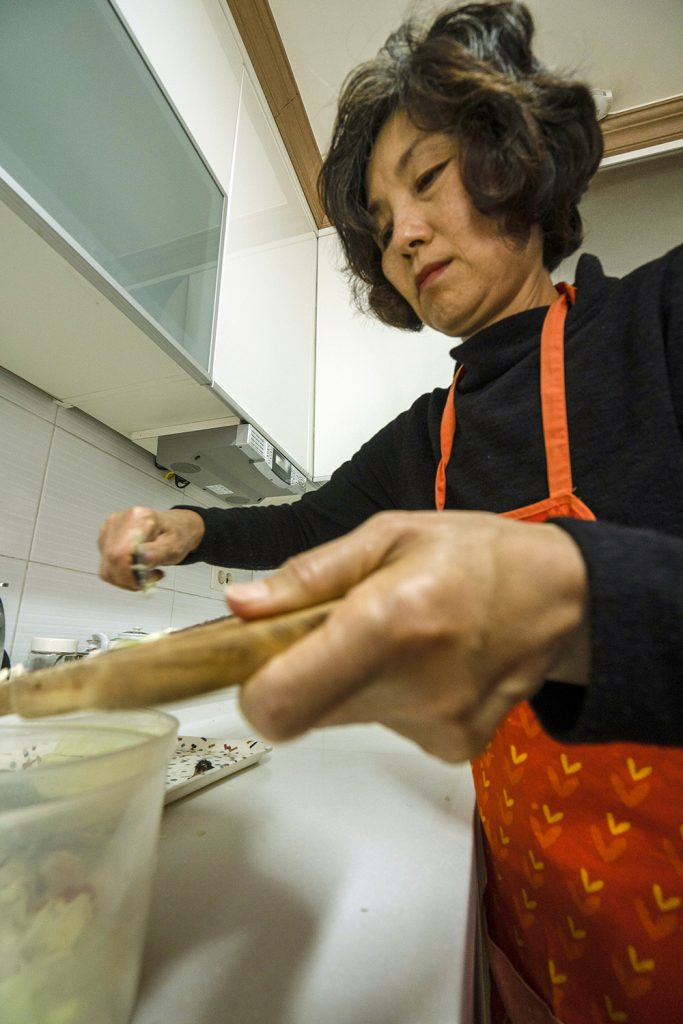
Recognize that over reliance on financial incentives may undermine
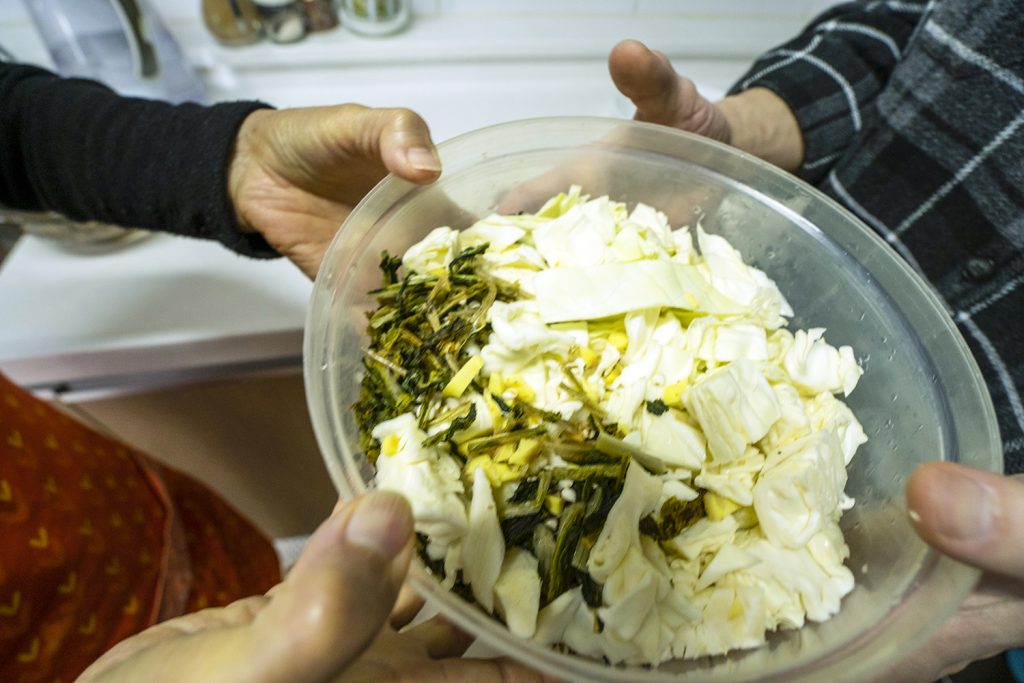
come into contact
encourage the partner
require extensive involvement
be affected by other
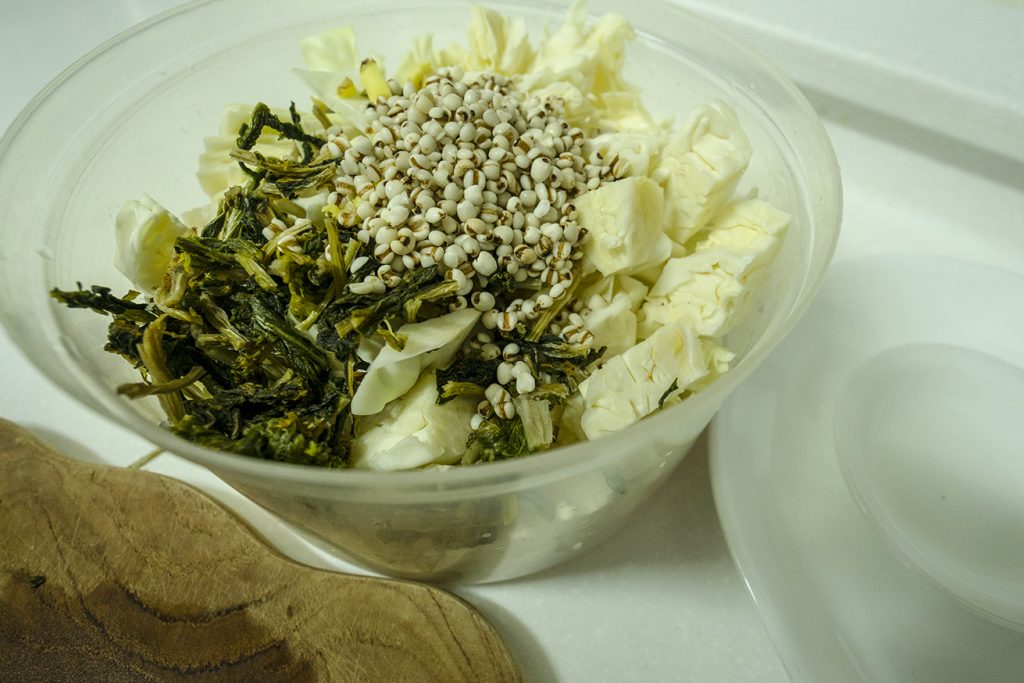
explain the nature
seek treatment within the context
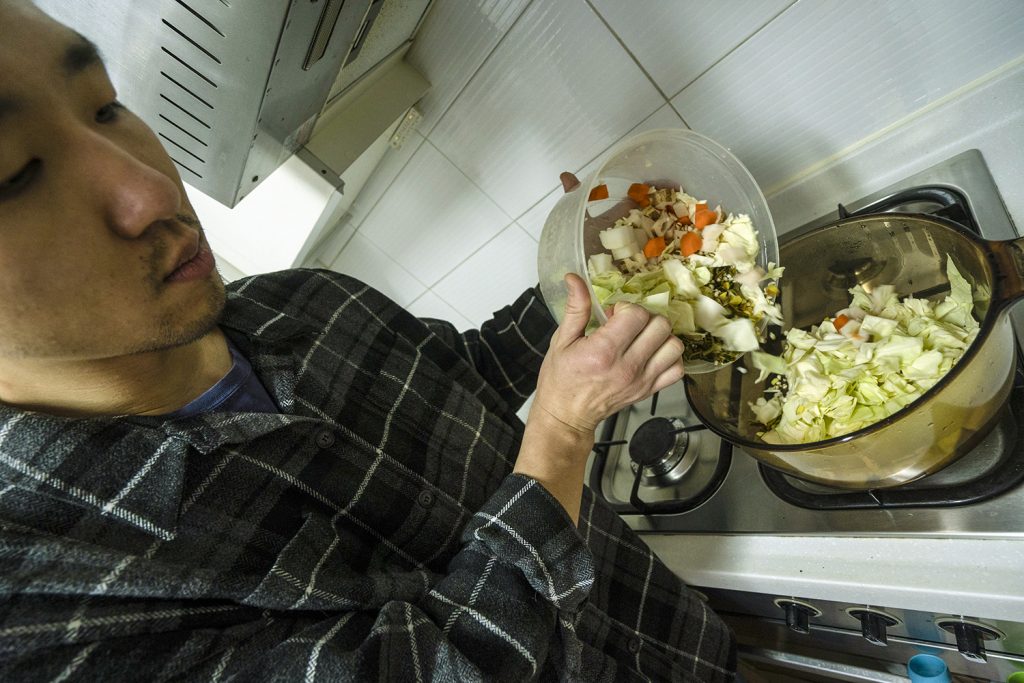
Advocate for healthier schools, workplaces and communities
eliminate biased behavior
increase the diversity
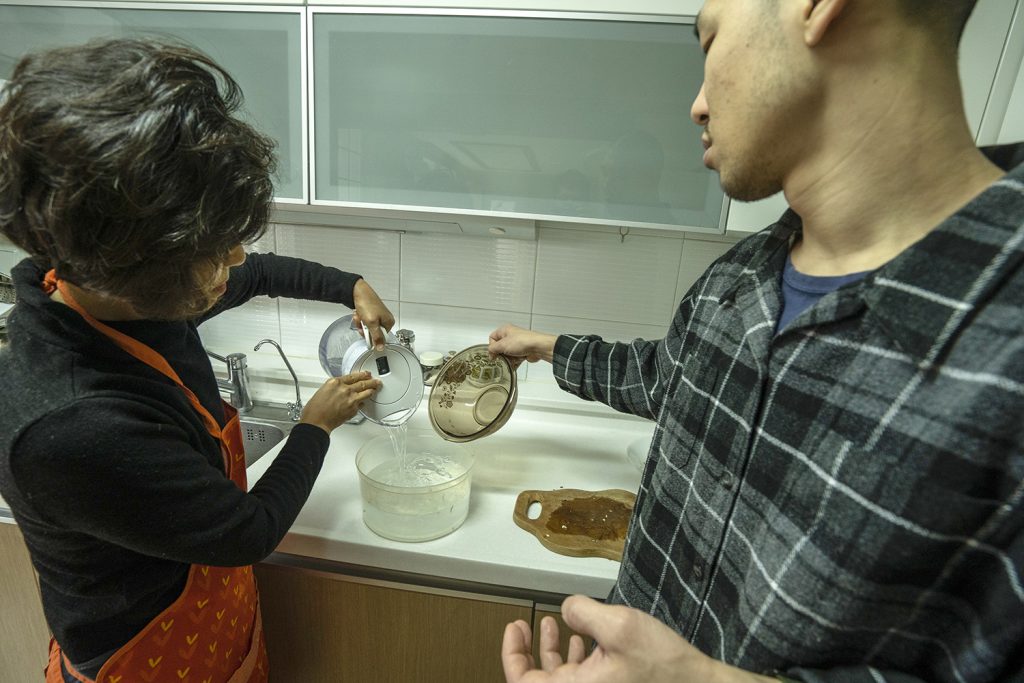
share an ethical foundation
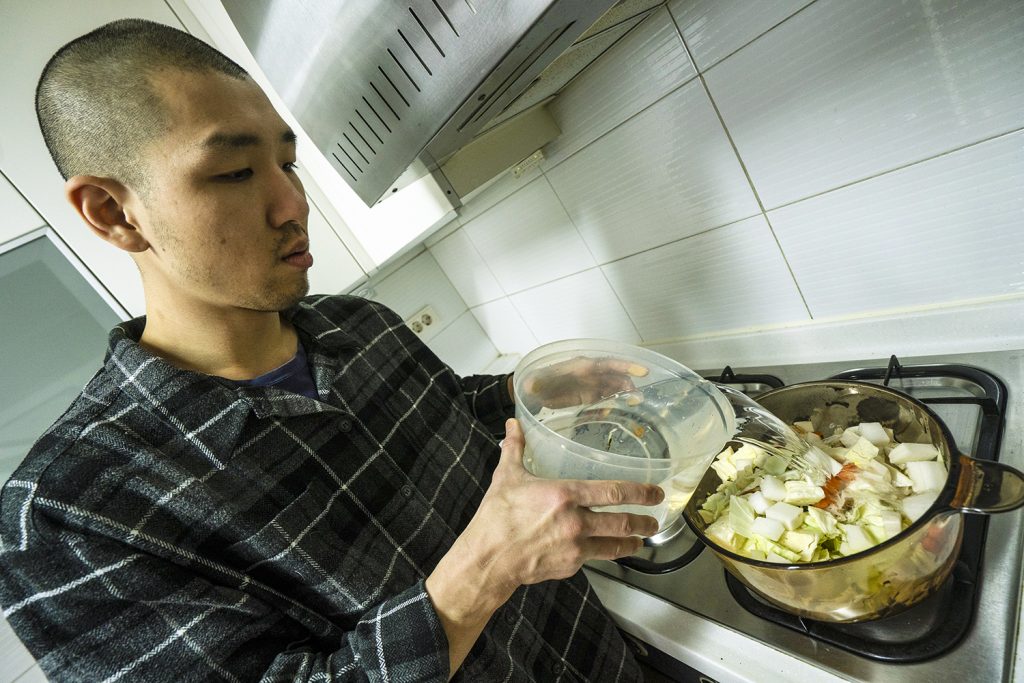
better understand factors that can influence patients’ health care decisions, such as cultural traditions, health beliefs and health literacy, language or other barriers to communication
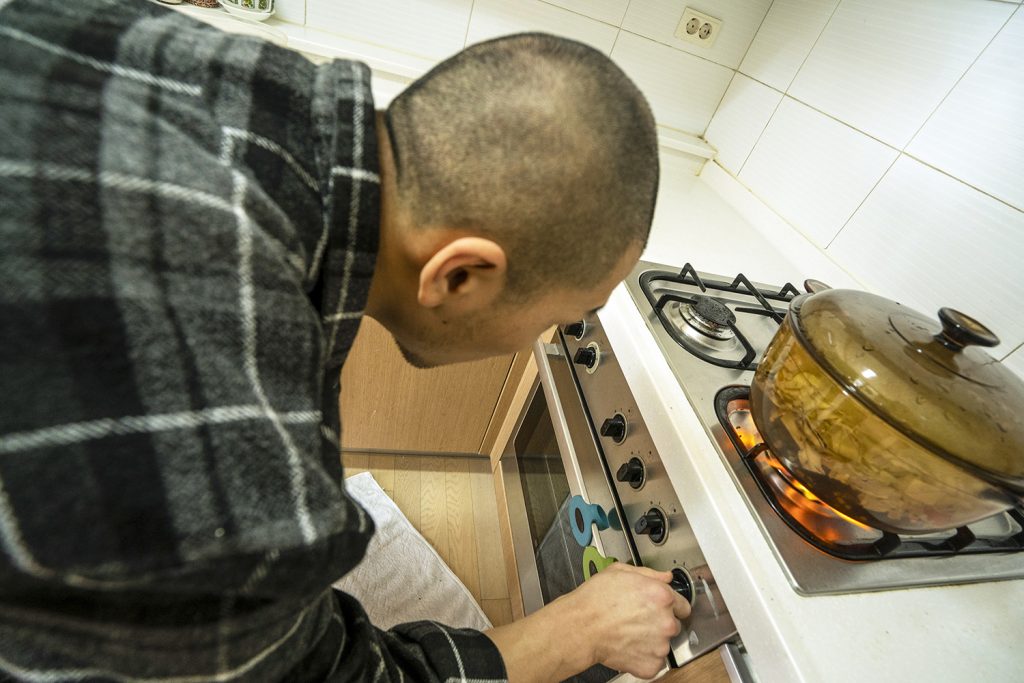
take appropriate action
Choose the course of action that requires fewer resources
reduce the volume
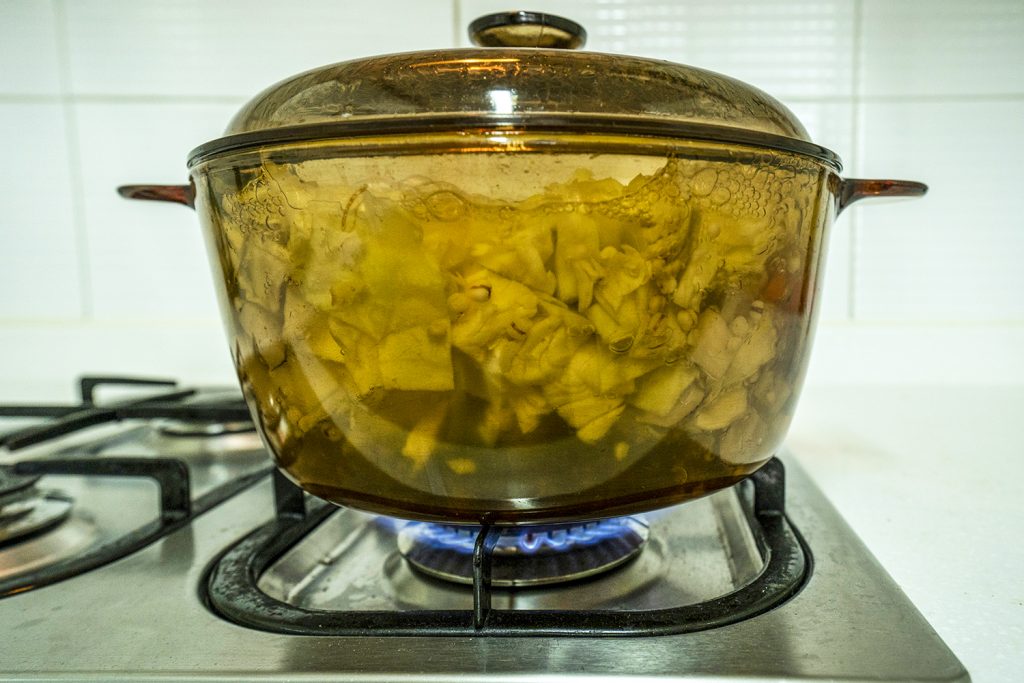
Be transparent about alternatives
bring changes to medicine
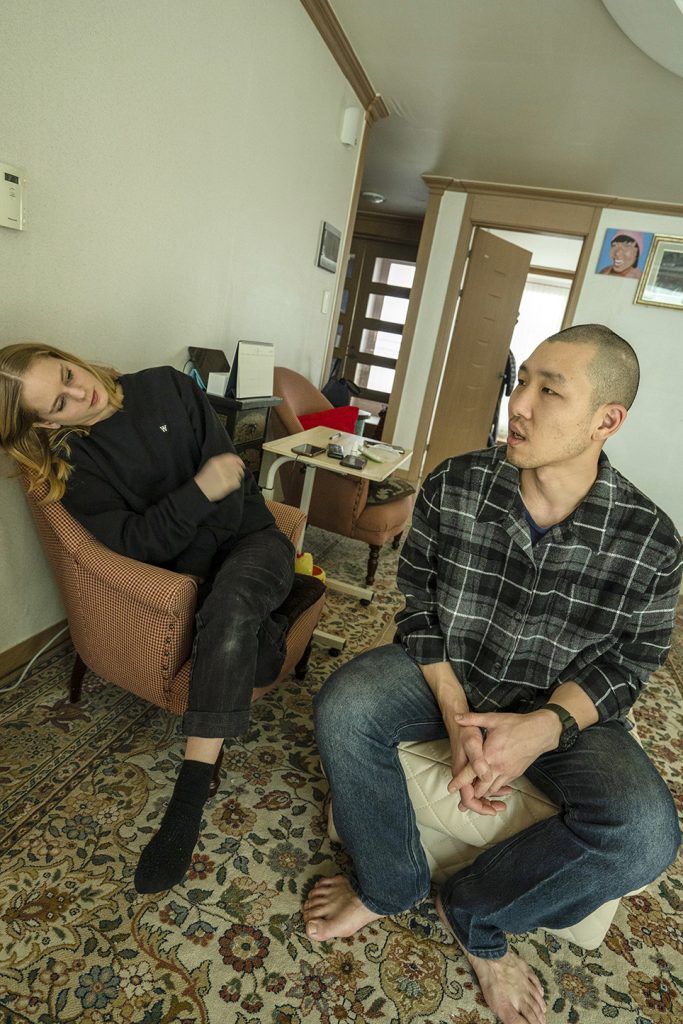
pursue life
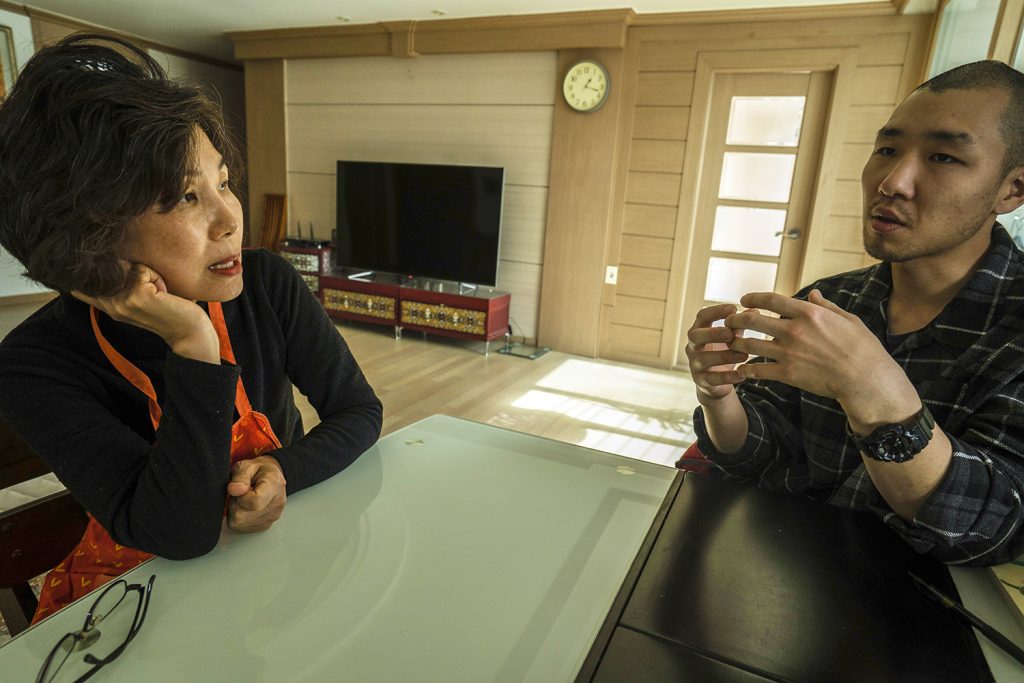
have a right to know
increase awareness
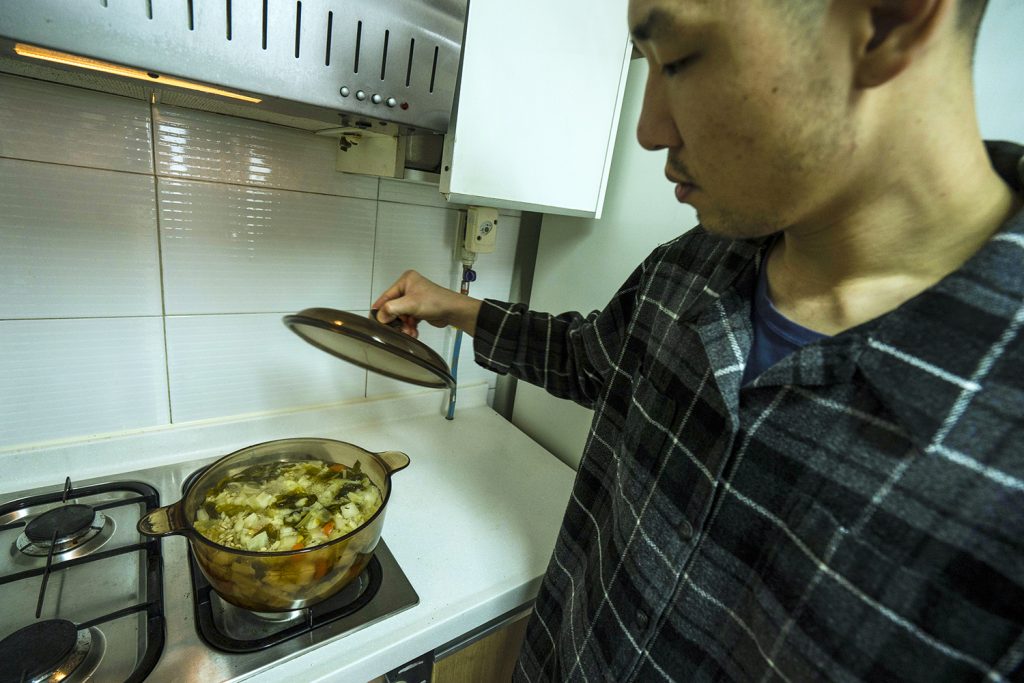
distinguish the limits of their medical knowledge
detect rare or unexpected consequences of use of a drug
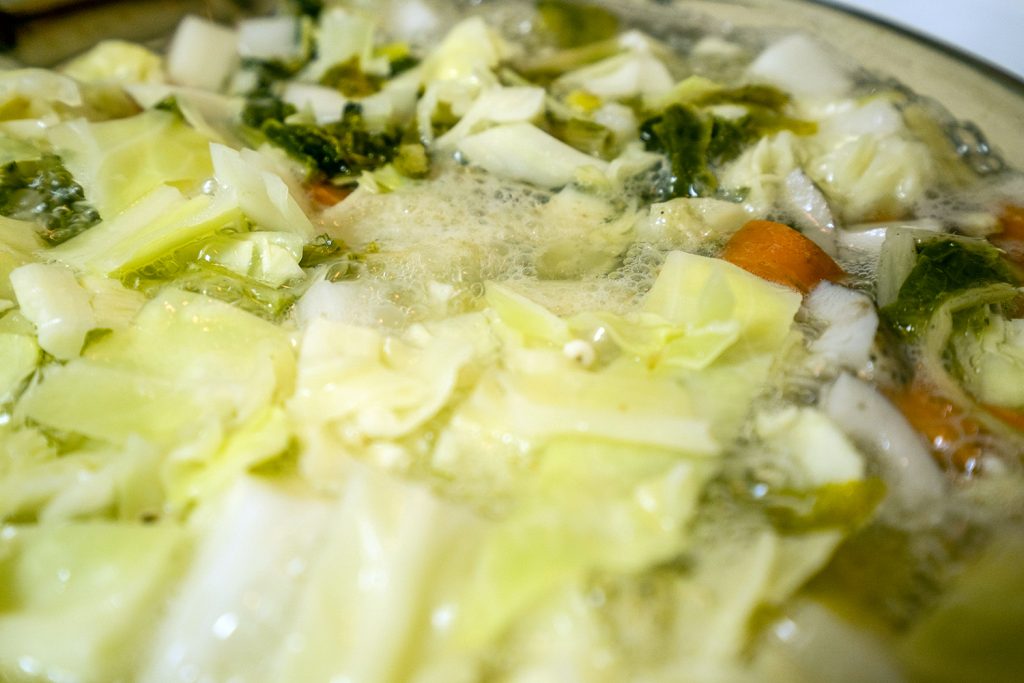
manifest in a variety of subtle ways
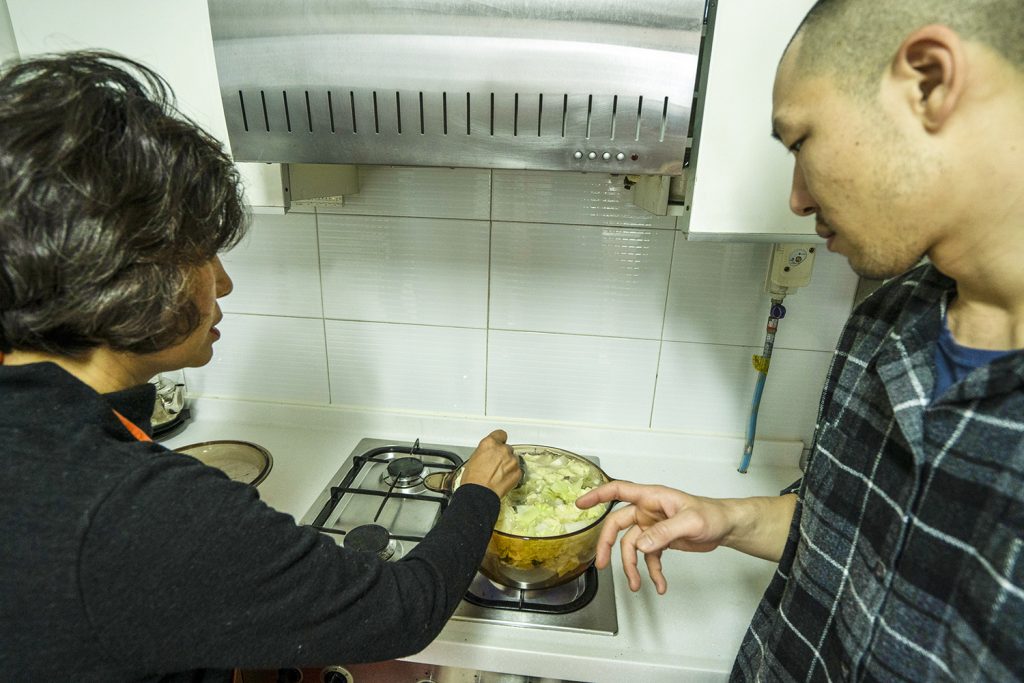
Cultivate effective communication
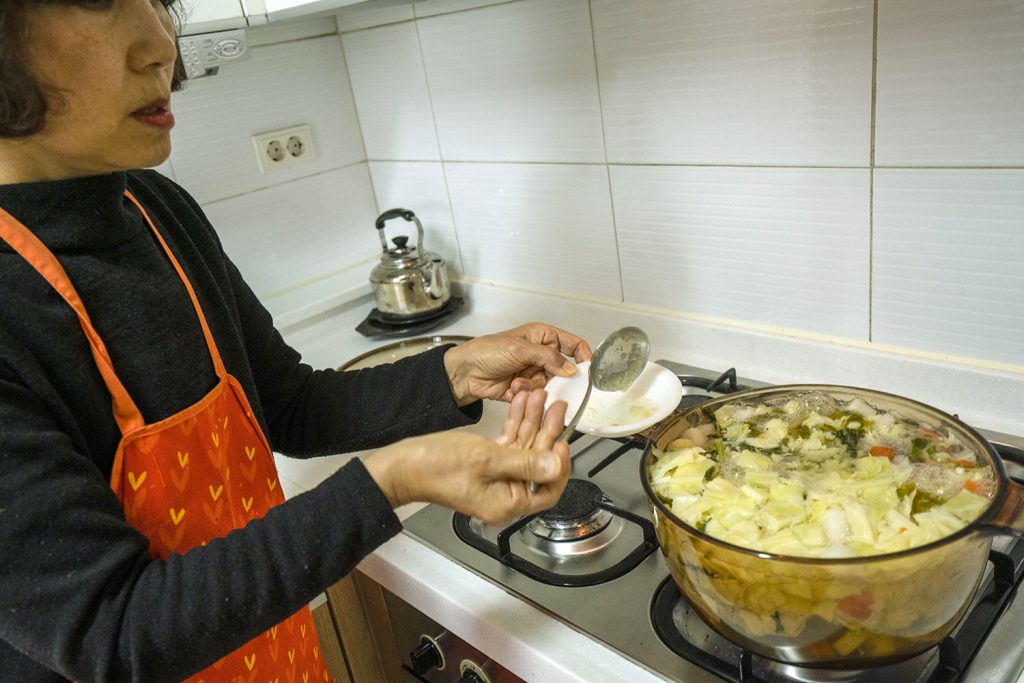
Establish mechanisms to monitor the effect of new institutional arrangements on patient care and well-being
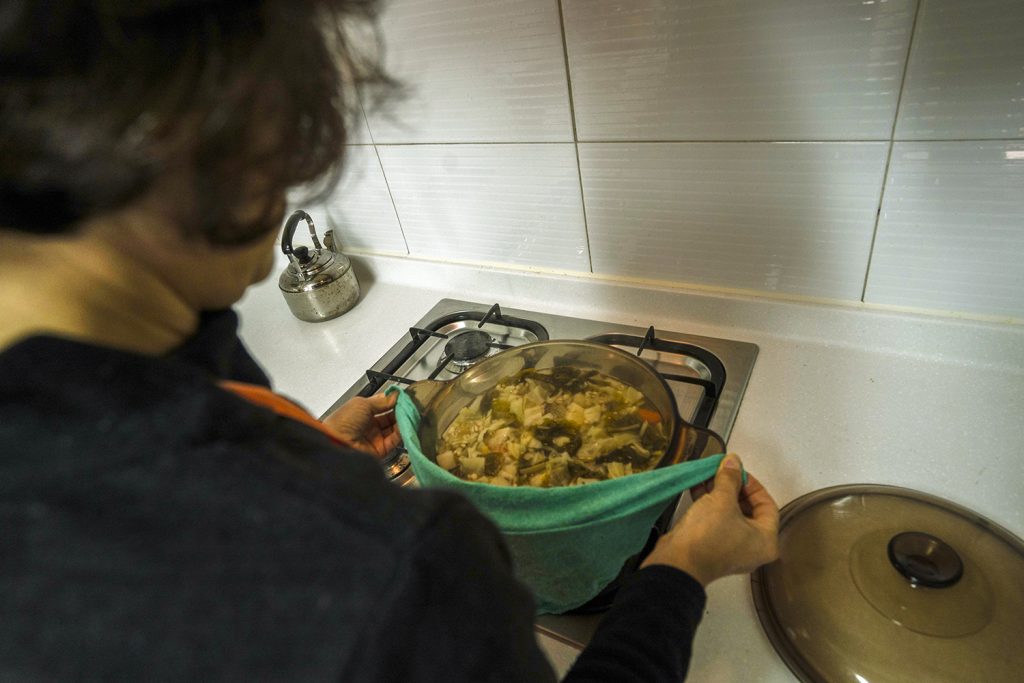
be dedicated to providing competent medical care, with compassion and respect for human dignity and rights
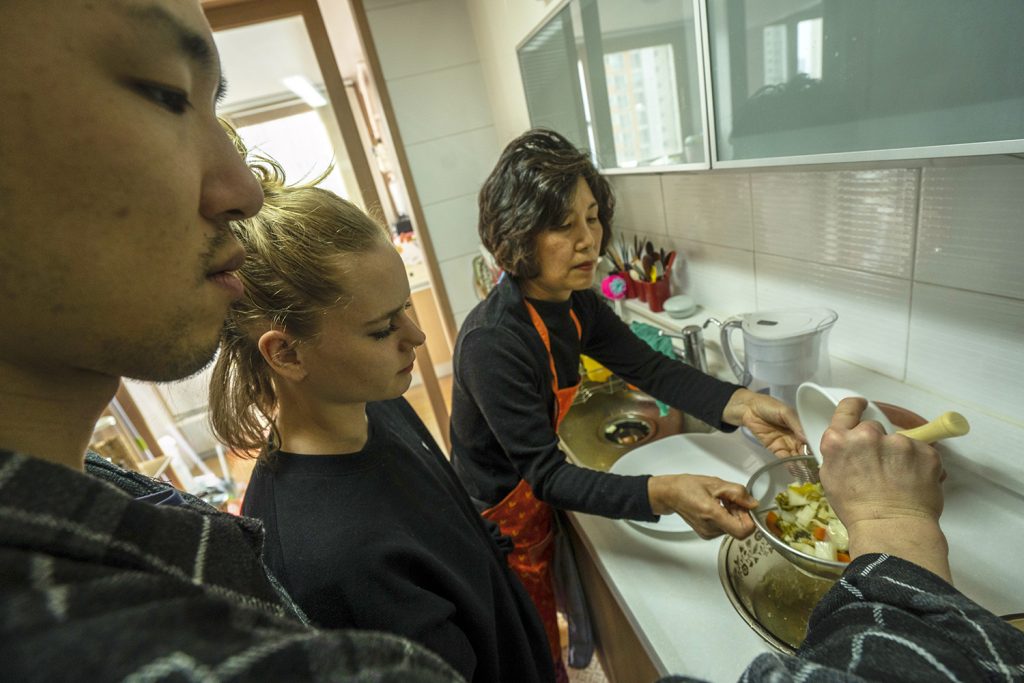
create conditions for practice
practice at their full capacity, but not beyond
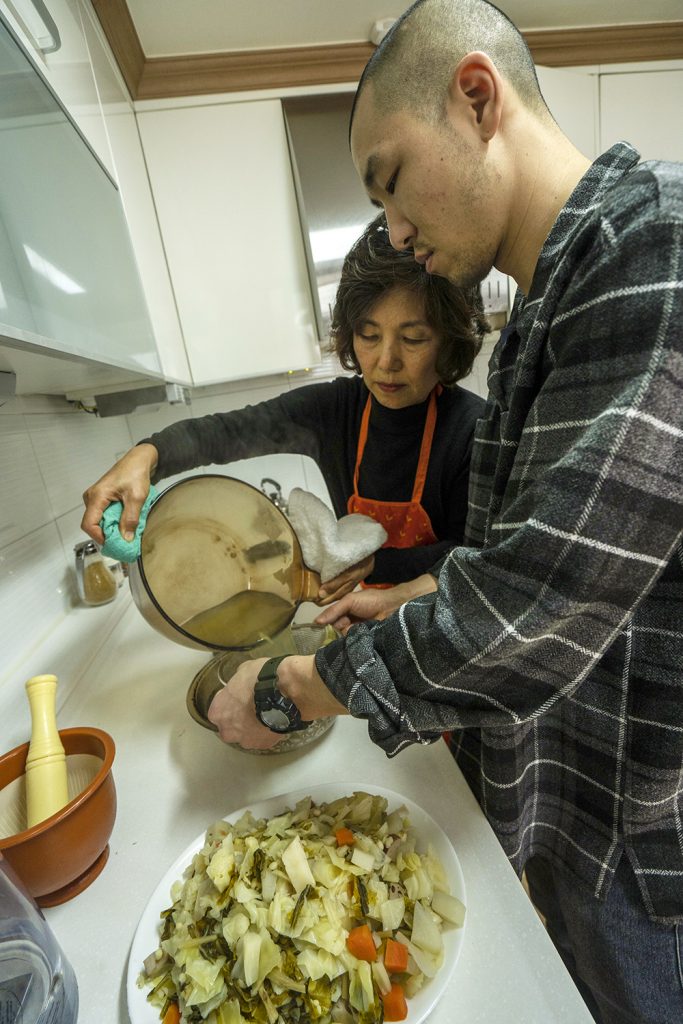
support access to medical care for all people
provide the same quality of care to all patients
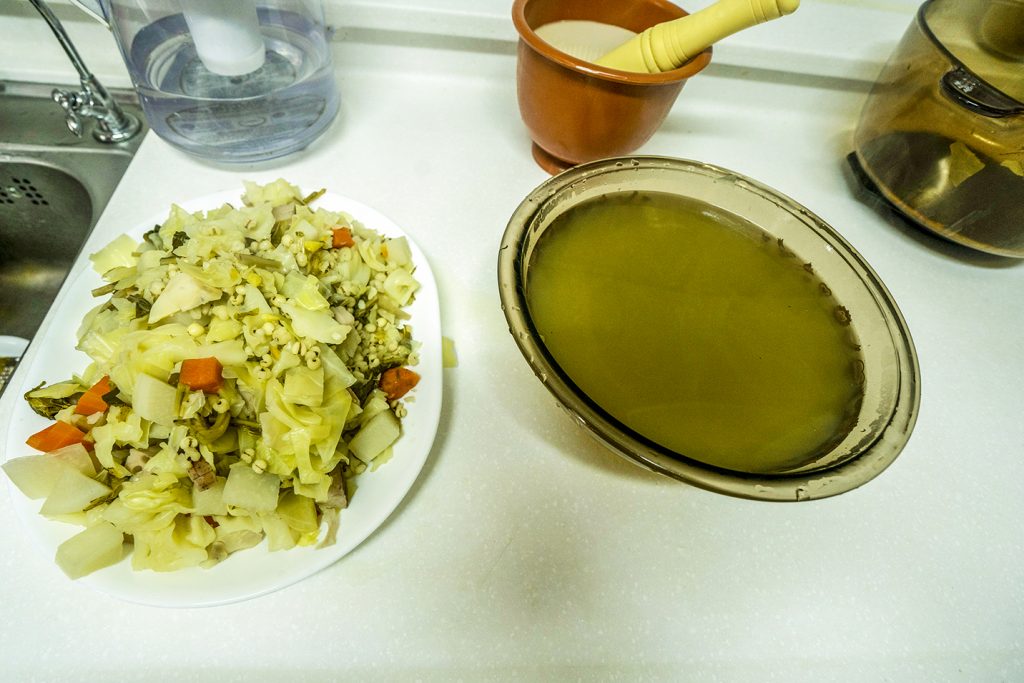
balance dual responsibilities to promote the welfare and confidentiality of the individual patient, and to protect public safety
balance individual liberties with the social goals of public
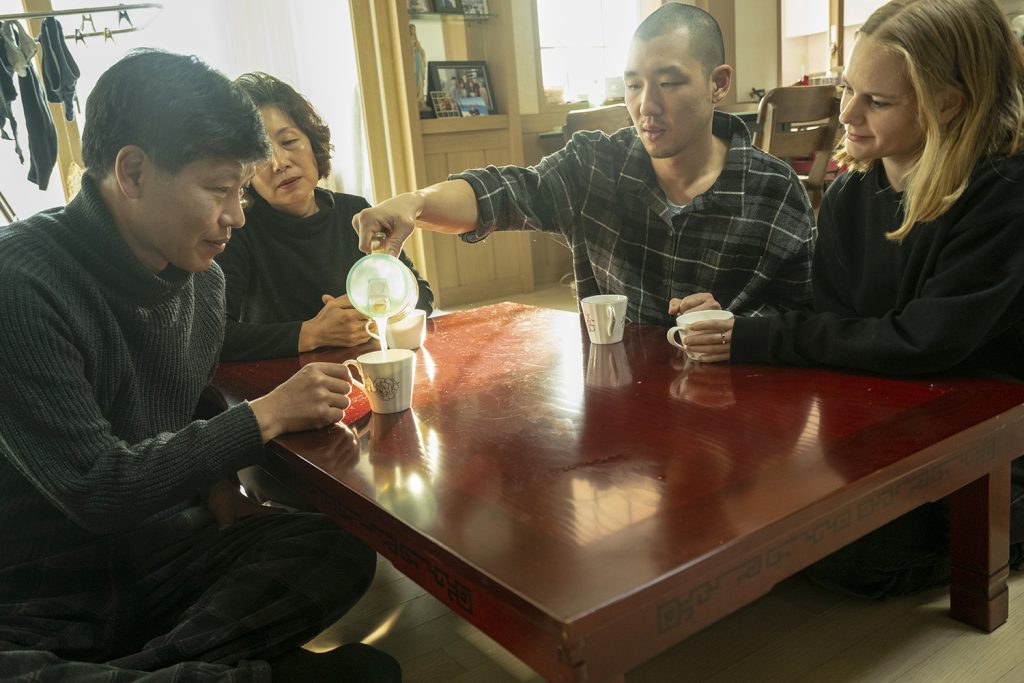
Develop educational materials and programs
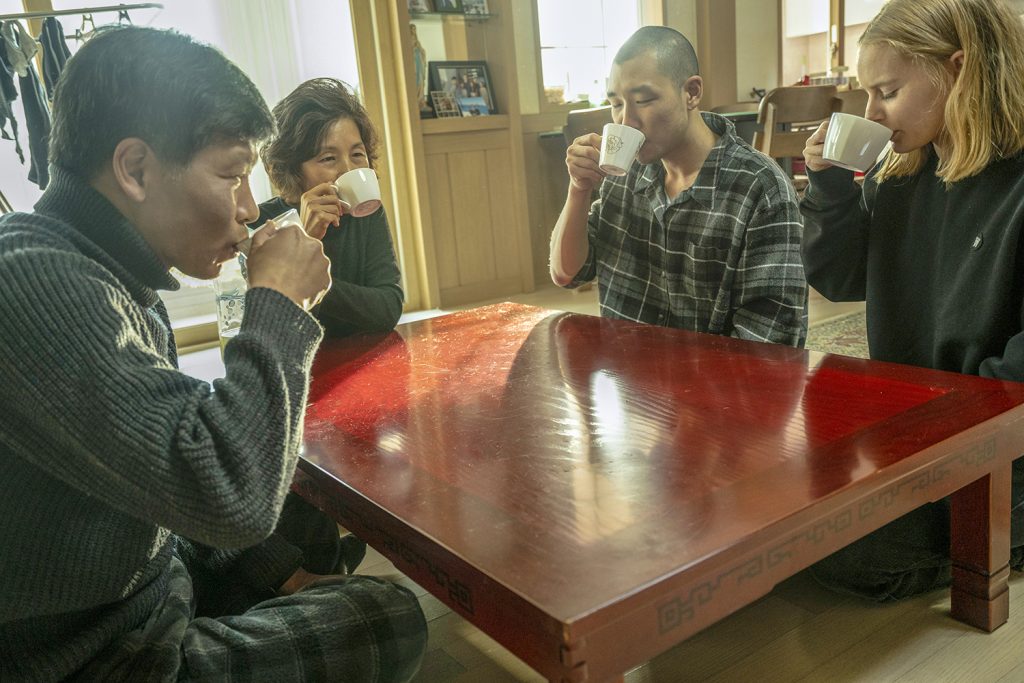
maintain a healthy lifestyle
Code of Veggie Soup
2019
Digital photo documentation of
production and ritual
and found text on web
contributors:
Artist: John Seung-Hwan Lee 이승환
Mom: So-Yun An 안소연
Dad: Dong-Ho Lee 이동호
Wife: Siri Lindskrog
Uncle: Byung-Yong An 안병용
Uncle: Byung-Sun An 안병선